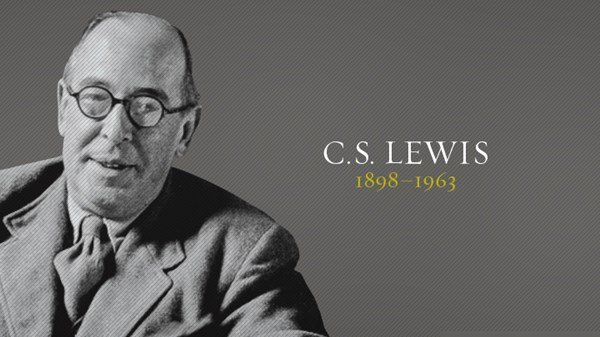
A couple of weeks ago I posted on how answering the “why” question can add theological depth to our preaching.
First, when I advocate adding theological depth, I am not talking about the common notion that “deep” preaching is difficult to understand. I am talking about fleshing out the implications of key doctrines in a preaching portion. One way to do that is to look for unanswered “why” questions.
For instance, this coming Sunday, Lord willing I will be preaching Matthew 1:18-25. Verse 21 reads,
“She will bear a son, and you shall call his name Jesus, for he will save his people from their sins.”
One question and answer that adds theological depth to preaching this section is,
“Why is being saved from our sins so important?”
The text does not tell us. We add theological depth by answering that question for our listeners.
Probably our theologically astute listeners will respond with something like: “Having Jesus save us from our sins is important because we are under the condemnation of God.”
Very true, of course.
But what about the sanctifying effect of being saved from our sins? Most of our listeners will not think about the devastating effects of sin in our daily lives.
Consider this standard definition of sin:
any lack of conformity to the character of God, whether by act, disposition, or state (a definition that I still remember from my first year of ministry training back in 1980!).
Notice what is missing in this definition. It’s not that it’s not accurate; it’s just not accurate enough. What’s missing is the soul-destroying, joy-destroying effect of sin. And so in a sermon we could say something like:
“Having Jesus save us from our sins is important because not only are we under the condemnation of God, we are also slaves to soul-destroying, joy-destroying sins.”
My point is that many preaching portions demand us to answer this kind of “why” question. And when we do, our Lord will receive glory in the church and in Christ Jesus (Ephesians 3:21),
Randal










